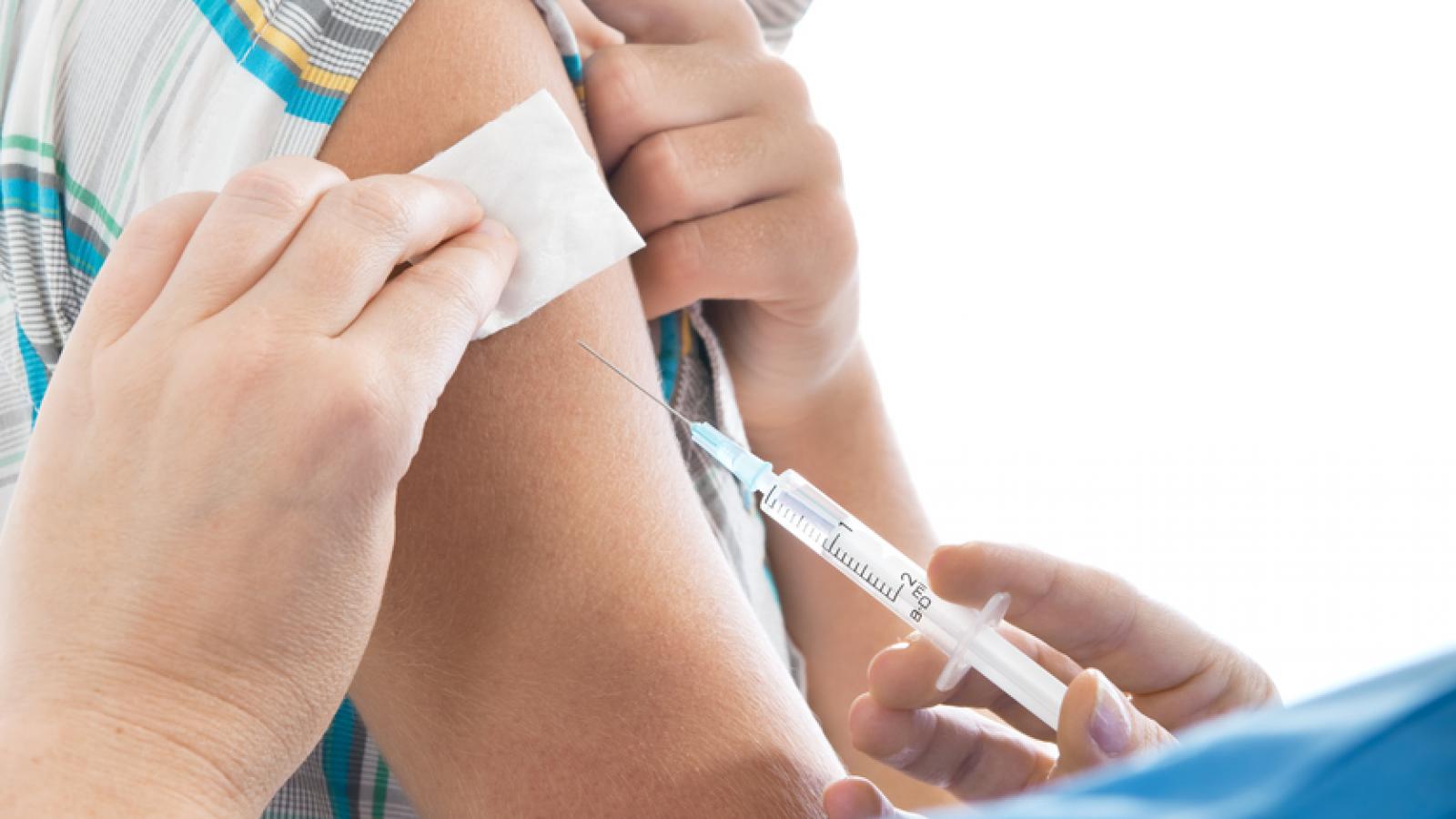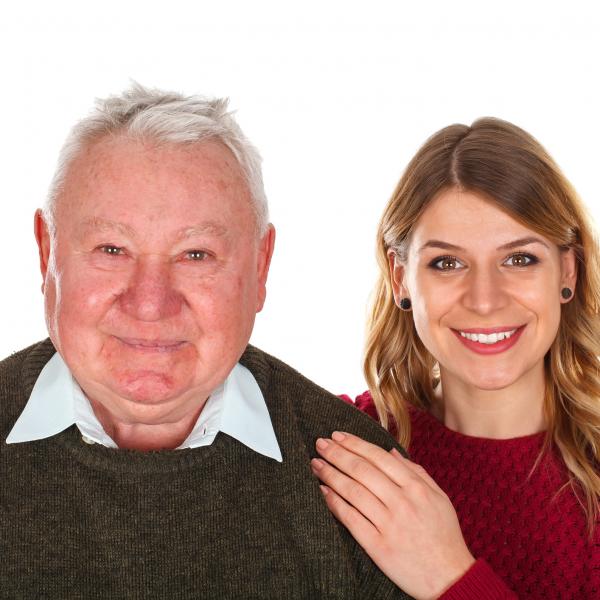Vaccinations

If you have cancer, you may be more at risk of getting a virus or infection like flu, Covid, or pneumonia. Cancer and certain cancer treatments can also affect your immune system and make you more vulnerable to these illnesses.
Ask your doctor if there are any vaccinations you should have to protect yourself.
Vaccinations during treatment
When to have vaccinations
The best time to get any recommended vaccines is 2 weeks before treatment. Vaccines can still be given after your treatment has started, but they may not work as well.
The flu vaccine is only given during flu season (October to April). Getting the vaccine early in flu season is recommended.
When vaccines are not suitable…
Vaccines are not suitable:
- For patients on combination checkpoint inhibitors (e.g. ipilumumab plus nivolumab)
- For patients with severe neutropenia (a very low white blood cell count)
- Anyone who has had anaphalaxis to the vaccine or any ingredient in the vaccine.
For up-to-date information on vaccines for this winter, visit our page

People around you
It is best if your friends and family and anyone taking care of you are also vaccinated. Encourage them to have the flu vaccine, Covid vaccines and boosters, and to check if they need any other recommended vaccines, ideally before you start treatment.
Vaccinations after treatment
Having any vaccines recommended for you can be an important part of staying well after a cancer diagnosis. For example, you may be advised to have the flu and pneumonia vaccines. Check with your doctor which vaccines you should have and make sure you get them. You may be advised to wait for a few weeks or months after treatment before you get certain vaccines.
If you have had a bone marrow/stem cell transplant, then you will need a course of vaccines once your treatment is finished. Your doctor will advise you of what vaccines you will need and when you should have them.
Vaccinations for travel
You may also need vaccinations for certain diseases if you are travelling abroad.
Talk to your doctor about vaccinations before booking your holiday – you will need to consider your health when choosing where you want to go.
For some countries the recommended vaccinations may be harmful if you are receiving certain treatments, for example, certain cancer drugs. If this is the case, you will be advised not to travel to these countries.
Vaccines that you may need to avoid include live vaccines for yellow fever and typhoid. Get your doctor’s advice before you plan a trip abroad and ask which vaccines are safe for you.
See our section on holidays and travel for more travel tips.
For more information
Phone
1800 200 700




